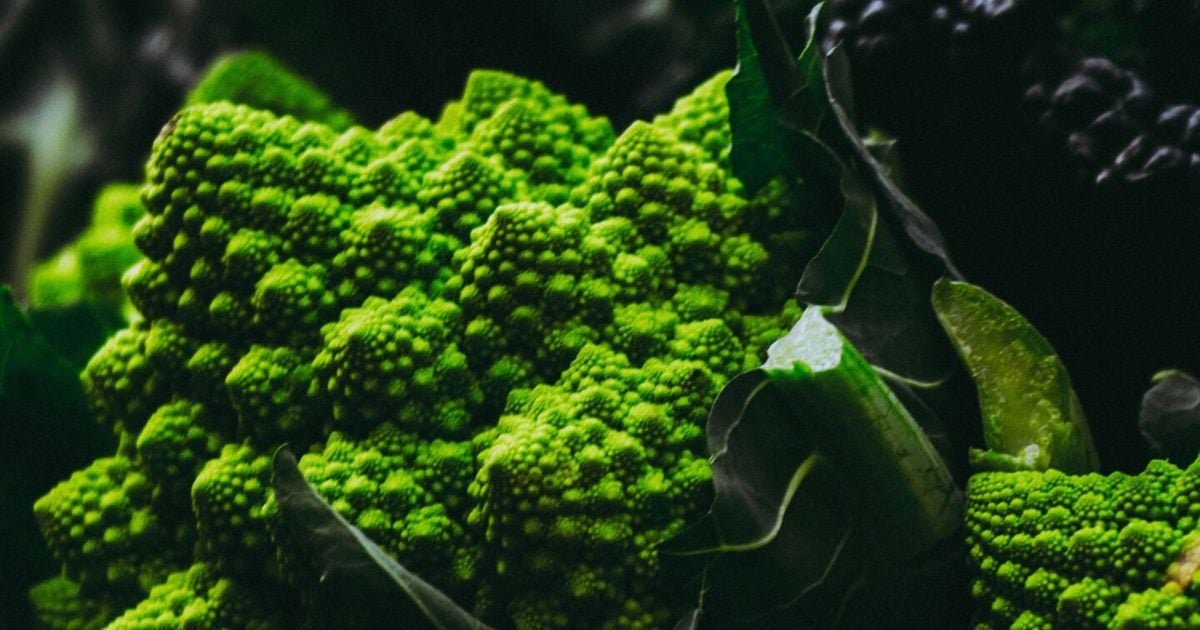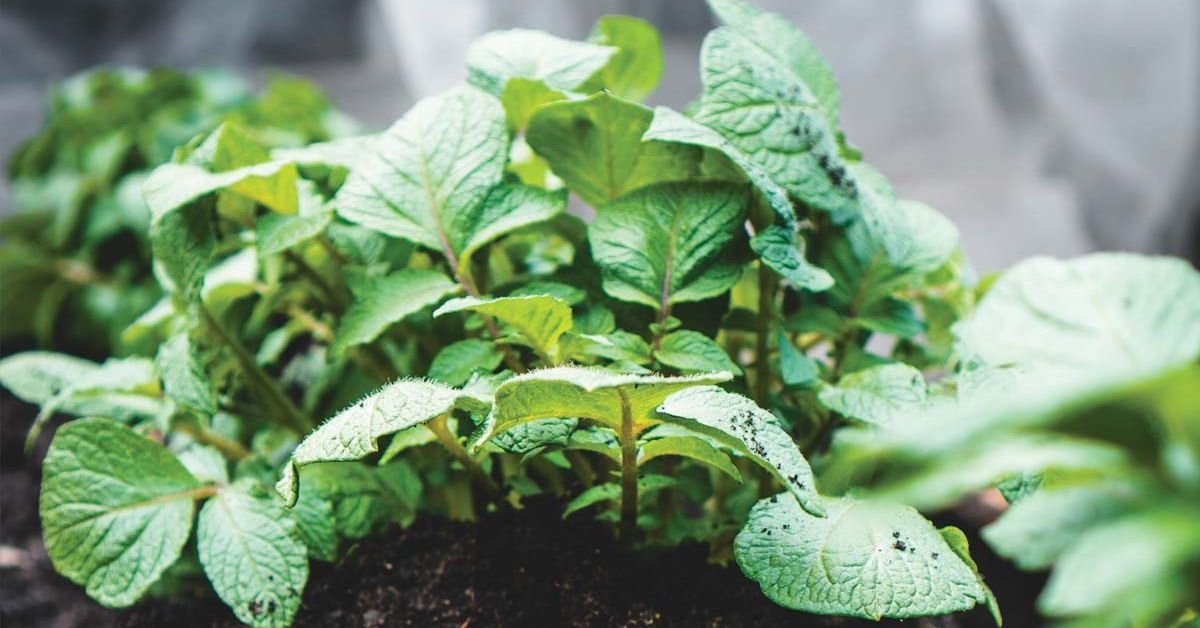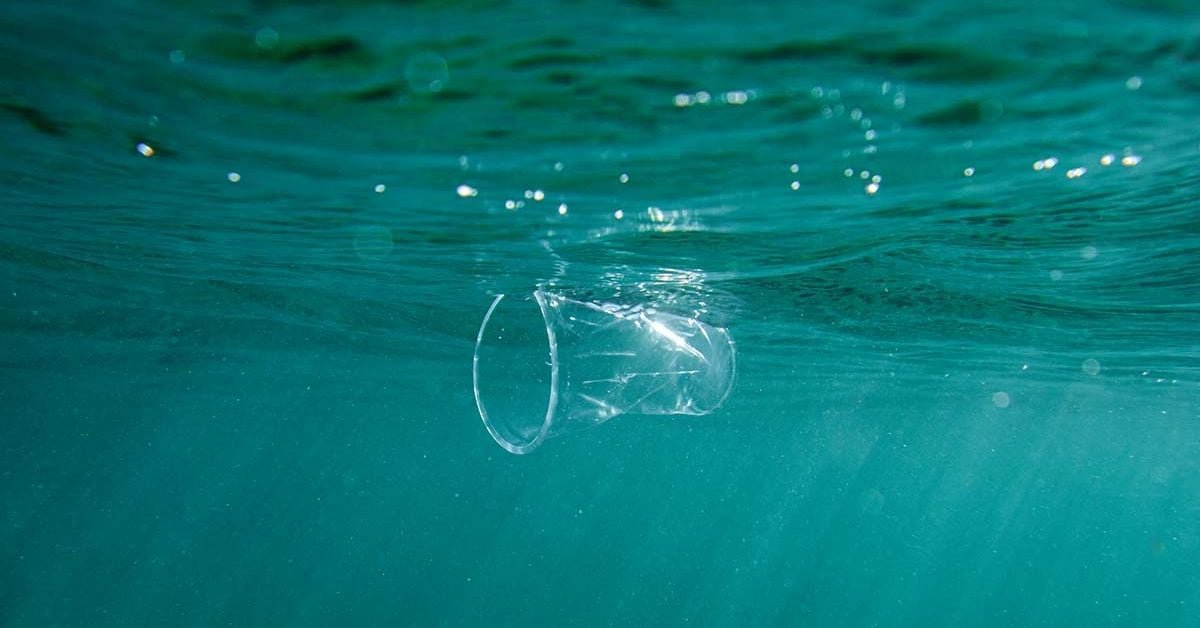An Ever-Evolving Journey
Nurturing environmentally aware children involves more than just incorporating sustainable practices or having kids learn about nature in their education. It’s about guiding a generation that cares deeply for the Earth, encouraging them to respect, protect, and advocate for it. This is a lifestyle shaped by intentional choices and ongoing conversations. Fortunately, as parents, we have the ability to instill these values in our everyday routines.
Sarah Robertson-Barnes, a mother of two boys aged seven and eight residing in the suburbs of Toronto, founded Sustainable in the Suburbs, which focuses on Zero Waste education and consulting. Her family places a strong emphasis on prioritizing second-hand items, sourcing unpackaged and local food, engaging in active transportation, and enjoying nature.
For Robertson-Barnes, raising eco-aware children involves helping them see the connection between all living things, grasping fundamental natural processes like the water cycle and photosynthesis, and understanding complex systems such as supply chains and where food originates, along with their interdependencies.
Marianne Ariganello, an environmentalist, scientist, and mother, is affiliated with the Ottawa South Eco-Action Network (OSEAN) and helps organize the climate-centric For Our Kids Ottawa Community. To her, fostering eco-consciousness in kids means educating them about the impact of their choices on the environment, helping them recognize the connections between nature and societal structures, and instilling the importance of environmental protection.
Parenting is a journey of continuous adaptation to a child’s evolving needs. Here are some suggestions for various developmental stages.
Babies: Establish Your Foundation
The anticipation of welcoming a newborn is thrilling! This moment presents an opportunity to choose minimal and environmentally friendly options from the outset. If a baby shower is in the works, it’s an ideal time to express your preferences. Some examples include:
- Using cloth diapers and wipes
- Choosing safe, second-hand baby goods (always check for recalls)
- Focusing only on necessity rather than accumulating unnecessary items
- Requesting services instead of physical gifts, such as a postpartum doula
Miriam Rabkin, a professional in international development, leads the Facebook group Parents for the Planet Action Group and is a mother to a young daughter. She shares, “Currently, I’m focusing on cloth diapering, utilizing washcloths for wet wipes, reducing plastic usage, and providing her with healthy, organic food.”
“As she grows, I aspire to teach her the significance of each item she uses (and reuses)… I want her to connect with the Earth and value all living creatures and how they are treated.”
Toddlers: Model by Example
At this stage, toddlers keenly observe and learn from our actions. It’s essential to normalize low-waste practices. For instance, my toddler knows that we sort our trash into compost, recycling, and small waste bins, and he enjoys helping, like taking cardboard tubes to the recycling bin. He understands that we bring our cloth bags when shopping.
“So much of eco-consciousness, similar to other aspects of parenting, stems from modeling,” Ariganello points out. “When your children witness your actions, they perceive them as the norm and tend to imitate them. You exemplify the curriculum, so let them see you act as an environmentalist.”
Children: Friends, Education, and Beyond
As kids enter school, they encounter diverse families and lifestyles. Is it feasible to maintain eco-friendly practices in the face of contrasting family values? Robertson-Barnes affirms it is possible, though there may need to be adjustments.
For example, she creates low-waste, non-plastic goodie bags for birthday parties (think bulk candy). However, when her sons attend friends’ parties, she allows them to choose whether to accept or decline goodie bags. “They always choose to take them!” she laughs. “Our role is to equip them with knowledge and tools so they can make informed choices as they grow, and I trust they will eventually start refusing those things themselves.”
When asked if her children question why other families don’t share their eco-friendly lifestyle, she responds, “Absolutely, but I believe every family has a distinctive way of living, be it cultural or based on personal choices. We clarify that our family does ABC while others do XYZ, and both are valid. There are many different ways to live, and it’s enriching to learn from each other.”
Teenagers: Engaging in Conversations about Autonomy
Teenagers often explore different identities, challenge societal norms, and seek their voices. A recent UK study noted that nearly half of young vegans are aged 15 to 34. Moreover, youth like Greta Thunberg have propelled global climate activism forward.
As with all ages, it’s crucial to maintain open communication with teenagers and intervene when necessary. For instance, if your teen desires a plant-based diet, consulting with a healthcare expert can ensure they meet nutritional needs. You might try new recipes together and assist with grocery shopping and meal planning.
Conversely, Robertson-Barnes shares humorously, “If my boys’ biggest act of rebellion is eating burgers with single-use plastic, I can live with that!”
You Are Not Alone
It can feel isolating when those around you don’t share the same environmental values, but remember, you’re not alone! Seek out groups—either online or locally—that provide encouragement, advice, and support, such as Parents for the Planet.
“Connect with other parents and friends who share your values,” Ariganello suggests. “It makes the journey easier, and you can motivate each other in nurturing children who care for and want to protect the environment.”
Empower Children
Robertson-Barnes recommends involving kids in eco-friendly decision-making whenever possible. “Conduct a waste audit: track everything that goes into the trash and recycling over a week, then discuss it. Brainstorm ways to reduce two or three items and start there.”
“School lunches are another excellent starting point, as they allow kids some ownership in the process,” she continues. “Think of package-free snacks you can include, like bulk pretzels, dried fruits, fresh produce, and baked goods. Involve them in planning meals to minimize food waste. Take them shopping and explain that food doesn’t simply appear at the grocery store.”
For quick reference, check out these 17 kid-friendly eco-tips.
Get Outside
Research indicates that spending time in nature offers numerous benefits for both children and adults, including enhancements in academic performance, attention, stress management, resilience, focus, social skills, and overall mental well-being. Recent studies also show that a positive childhood connection with nature enhances a love for nature and a strong commitment to environmental values in adulthood.
Consider these ideas:
- Cultivate a garden in your backyard or on a balcony.
- Organize a nature scavenger hunt.
- Enjoy a picnic.
- Go hiking or take a walk in a wooded area.
- Visit a beach and explore tide pools.
- Go berry picking.
- Engage in winter activities like snowshoeing or tobogganing.
- Jump in puddles.
- Preserve and press flowers and leaves.
- Create a fairy house.
- Spend an evening stargazing.
- Camp out in your backyard.
Be Kind to Yourself
“There’s no such thing as perfect,” says Robertson-Barnes. “Make sustainable changes that align with your family’s lifestyle, financial situation, time, and personal circumstances.”
Start Small
“Identify your current situation, your primary concerns, or what you are most passionate about,” Rabkin advises. “Some parents focus on activism by contacting their representatives, while others may adopt a vegan lifestyle and encourage those around them to reduce meat consumption, or prioritize zero waste and electronic repurposing. Whatever is manageable for you and causes you the least stress, begin there.”
What About Eco-Anxiety?
Eco-anxiety and feelings of ecological loss are becoming increasingly prevalent among children, and it’s not surprising. These reactions are natural responses to the current state of the environment; even climate scientists experience similar emotions. To assist your children (and yourselves), consider these strategies:
- Acknowledge feelings and consider them valid.
- Foster open conversation.
- Engage in meaningful, positive actions and activism.
- Surround yourselves with communities and individuals making a positive impact.
- Seek assistance from mental health professionals.
COVID-19 and the Environment
“While COVID-19 has been devastating, it’s also teaching us a different way of living,” remarks Miriam Rabkin, a mother and founder of the Parents for the Planet Action Group.
“We are slowing down, and swiftly our planet is having a chance to regenerate. I hope governments seize this moment to reimagine the future—while the economy must be bolstered, now is the time to embrace green practices and reevaluate economic priorities through a genuine climate perspective. The more we express our concerns to leaders across all levels of government, the more likely we are to create a safer future for our children.”
Leah Payne is a writer, editor, and eco-influencer (leahstellapayne.com; instagram.com/leahstellapayne). She is also a mother to a very active toddler.
This article was originally published in the August 2020 issue of Healthysdigest Canada magazine, under the title "Growing Up Green."






